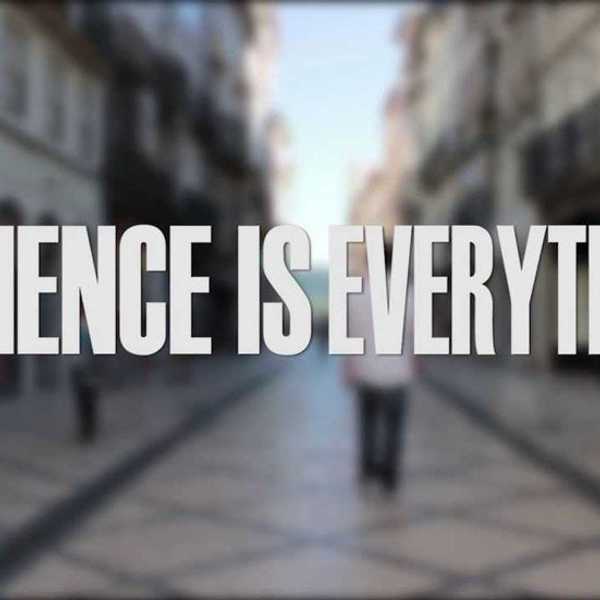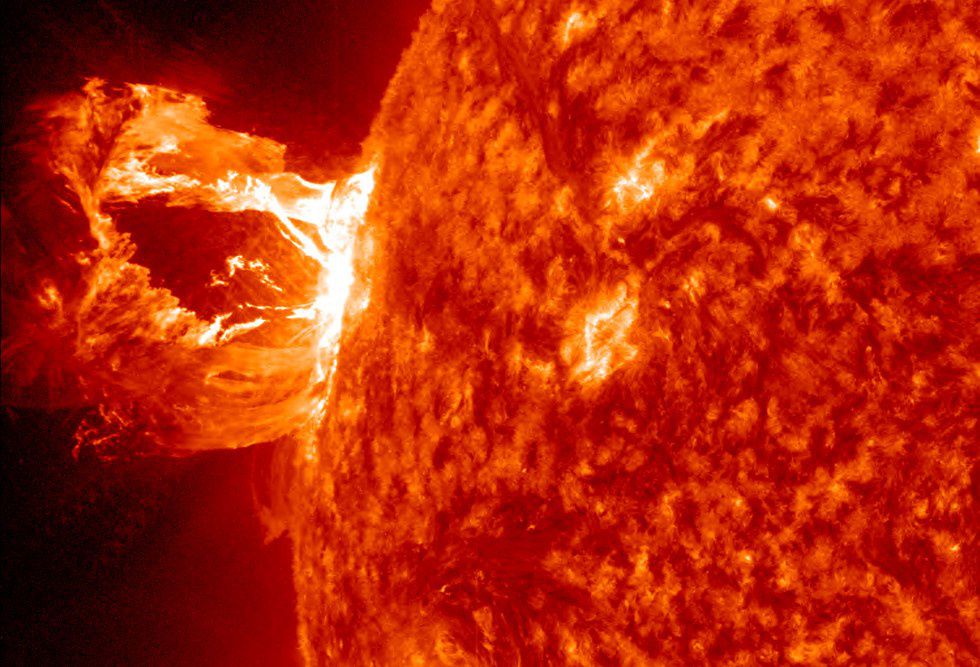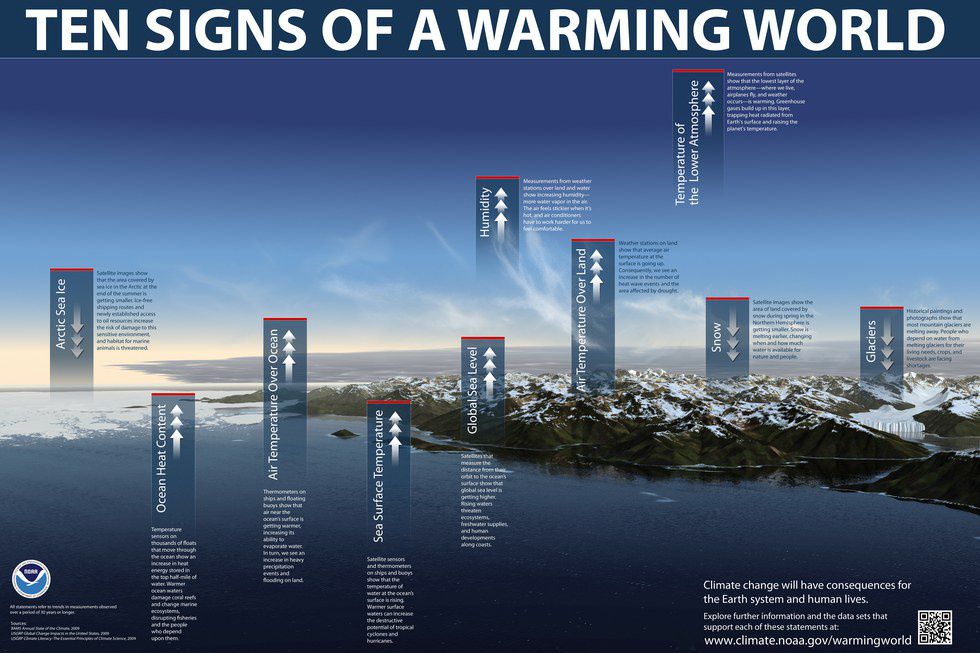On Feb. 26, 2015, the Internet buzzed over an article about gluten sensitivity: “Gluten Sensitivity That Isn't Celiac: Rigorous Study Finds Evidence For Sensitivity Without Disease”. On Sept. 3, 2015, another article presented itself: “You May Not Actually Have a Gluten Sensitivity at All, a New Study Claims." For most frequenters of the Internet, this is pretty common: A study condemning one food, supplement, hard-to-pronounce additive or nutritional component (carbs, anyone?) comes out, only to have another show up later with nothing but praise for the exact same thing. It can be like watching a see-saw: Chocolate is bad for you. Chocolate is good for you. Coffee is amazing for your body and you should drink it every day. Coffee is poison to your body and you should immediately switch to tea.
The same problem can come about when the media hypes a "new discovery" or a "shocking announcement" far too early, or spreads inaccurate and sensationalized information. This has happened too many times to count, but some of the most memorable media circuses have come with the Faster-Than-Light neutrino anomaly at CERN, the life in arsenic fiasco at NASA, and the thought-to-be discovery of gravitational waves in the universe. All of these events were presented as though they were truth, instead of what a study actually is: A small grain of sand on a very large beach. When peer review and further study was conducted and these events all turned out to be anomalies, this back-and-forth came off to a lot of people as scientists being "indecisive" or "bad at their jobs".
The Large Hadron Collider has produced many discoveries-- and many more "false alarms". (Source: APOD/NASA)
The problem is science isn't finding truth in a single study: Science is a process. The idea of a "new discovery" changing the world in just one study is nothing more than a pervasive myth. While one study may proclaim one thing, a thousand others may find just the opposite to be true. It hardly helps that the media treats science and scientists like pure truth found by flawless geniuses: Scientists found this out, so clearly this is the only right answer.
Scientists are human and science is a human process. Mistakes will be made again and again, information will be found to be wrong, then found to be right, debated and struggled over and experimented on again and again. Just look at our history: We used to believe the Earth was the center of the solar system, Hell was located in the Sun, and that illness was a punishment for sin. In two hundred years, people will likely look back on our modern-day textbooks and laugh at all of the inaccuracies contained within the pages. As knowledge increases, what we believe to be fact can (and does) change.
To be fair, the Sun does look a bit angry from time to time. (SOurce: NASA)
However, this doesn't mean that sound science should be discounted in the name of our historical inaccuracies or our modern-day media hype. A critically important example today is the fact that studies done on global climate change (and there are a lot of them) all tend towards the same consensus: yes, the globe is warming up, and yes, it's because of human-created greenhouse gas emissions. In this case, the process of science has been allowed to do its work: Collect thousands of studies by different organizations and look for the general trend. In this case, the trend is clear: 97 percent of studies show that our Earth is warming up. This is important to keep in mind, because people who see the realities of climate change as a threat to their wealth or their business will try and paint these findings as a single grain of sand, instead of the beach it has become.
The signs all clearly point to human-caused climate change. (Source: NOAA)
What does this all mean for you and for everyone else who is bombarded by the 24-hour news cycle? Simply put, it means that when faced with any sort of headline blaring "STUDY PROVES," "MIRACLE DRUG," or "SECRET KILLER," enter with caution and be skeptical about hyperbole. Examine the source: Are you reading a tabloid? A reputable news organization? If the article declares that vaccinations are poisoning our children and the website is www.feartheneedle.com, you probably aren't going to get a very balanced or accurate display of information. Don't be too surprised if a contradictory study comes out a few months later. Every single field of science produces contradictory studies: Science is difficult and any sort of additional variable can throw a whole study for a loop. Truth is a beach, not a single grain of sand: Look at what you're reading and decide which one you are observing.
And, when it comes to your diet--instead of following the headlines and hype, stick to what we know: A healthy, balanced diet and exercise are all you need.
























